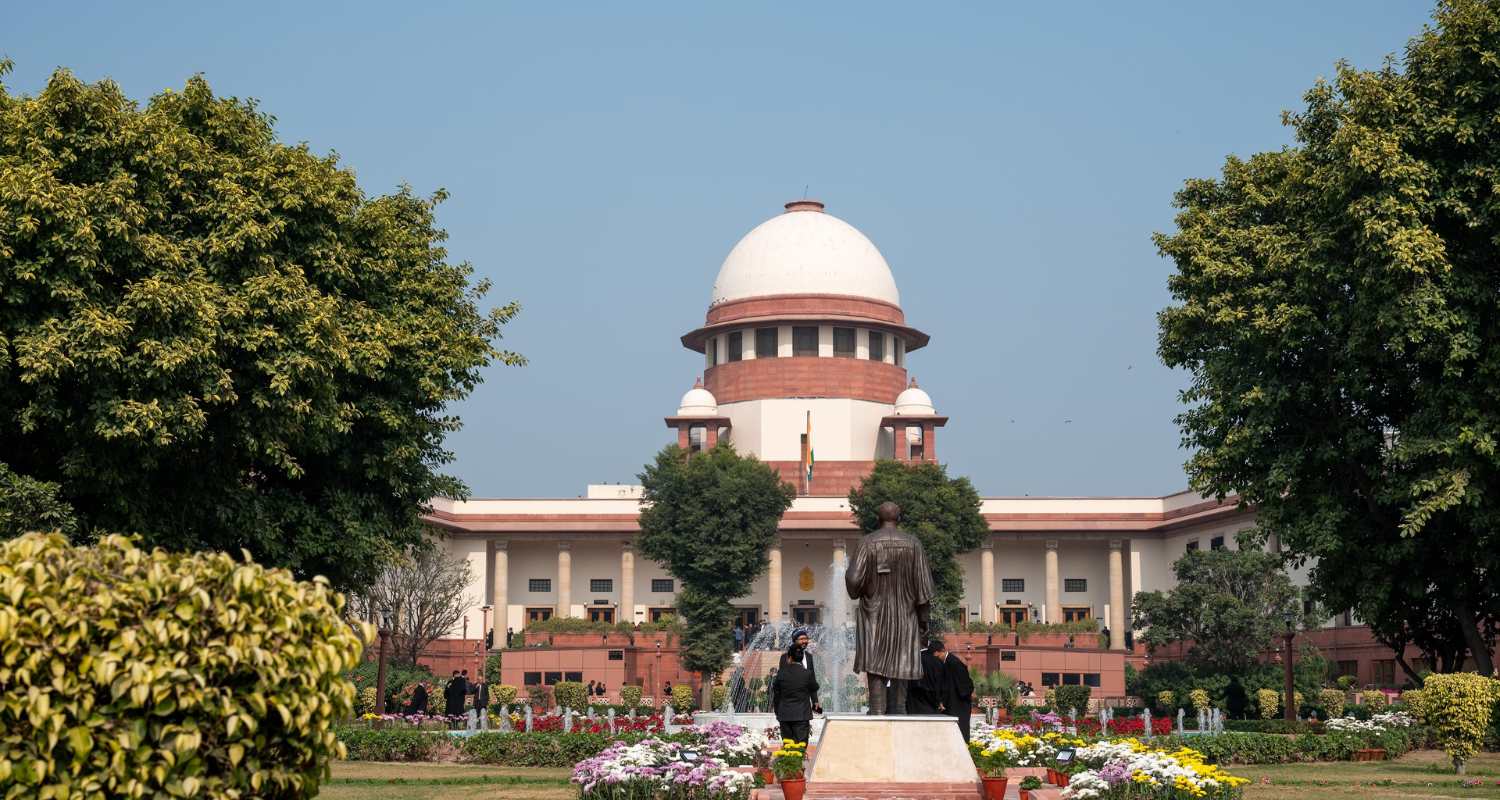The Supreme Court on Monday dismissed a petition that sought an independent investigation into the recent outbreak of violence in West Bengal’s Murshidabad district, which had been triggered by protests over the Waqf Amendment Act.
A bench comprising Justice Surya Kant and Justice NK Singh questioned the merit of the plea and expressed strong disapproval of the manner in which it was filed. The petitioner, advocate Shashank Shekhar Jha, was reprimanded by the bench for inadequate preparation and lack of legal substance.
The court noted that the petition was primarily based on media reports and did not provide any specific details about victims or incidents. Observing that the plea lacked factual grounding, the court directed Jha to withdraw it, although it allowed him the option to file a fresh petition with proper documentation and legal clarity.
Justice Surya Kant also remarked that the lawyer “needs to study more,” underscoring the importance of thorough legal work in such sensitive matters.

The petition had sought a Supreme Court-monitored probe into the violence that erupted in Murshidabad, which reportedly led to the death of three individuals and caused widespread damage.
However, the court made it clear that vague and unsupported claims could not be the basis for judicial intervention. It emphasised the need for detailed information, including names of the victims, specific locations of incidents, and verified facts to justify any further action.
Also Read: BJP denies MPs’ judiciary remarks; Congress hits back
Meanwhile, political developments in the violence-affected area continue to unfold. BJP state president Sukanta Majumdar visited Murshidabad on Monday and met with several families affected by the unrest. He stated that the BJP was not seeking political gain but was there to support Hindu families who, he alleged, had suffered severe violence. He acknowledged the party’s limited electoral prospects in the region but maintained that their presence was about standing with the victims.
The violence, which erupted on April 11, resulted in three deaths and included incidents of arson, looting, vandalism, and clashes with law enforcement. Homes and shops were destroyed, police vehicles were attacked, and numerous residents fled the area, seeking refuge in nearby Malda and even Jharkhand.
Despite the scale of the unrest, the state police have maintained that the situation began to stabilise within days. Efforts to restore complete normalcy are ongoing, with law enforcement continuing operations to prevent any flare-ups.
Also Read: The billionaires who bled and fled India
Ten days after the height of the violence, life in Murshidabad is gradually returning to normal. Schools reopened on Monday, and public transport resumed with e-rickshaws, auto-rickshaws, and buses back on the roads. However, residents remain cautious. Many say they feel secure only because of the presence of Border Security Force (BSF) personnel, who were deployed following an order by the Calcutta High Court.
In response to the unrest, Governor CV Ananda Bose visited the district last week, along with teams from the National Human Rights Commission and the Women’s Commission. They engaged with local residents and assessed the on-ground situation.
During these interactions, many villagers expressed fear of further violence and claimed they were being threatened to leave their homes. They also voiced concern about what might happen once the central forces are withdrawn.
Leader of the Opposition, Subhendu Adhikari, has directly blamed Chief Minister Mamata Banerjee for the breakdown of law and order in Murshidabad. Warning of a possible recurrence of violence if central forces exit the area, he echoed the concerns raised by many residents.
The state police, however, have assured that they remain committed to ensuring peace and are actively working to identify and apprehend all those responsible for the violence, including those currently in hiding.
Also Read: SC panel recommends transfer of 7 HC judges for diversity


